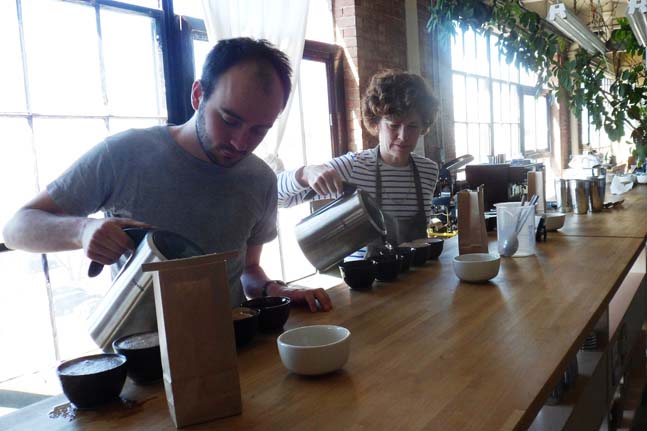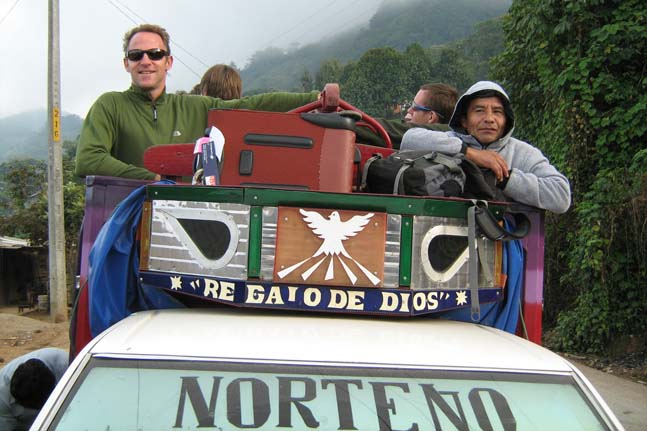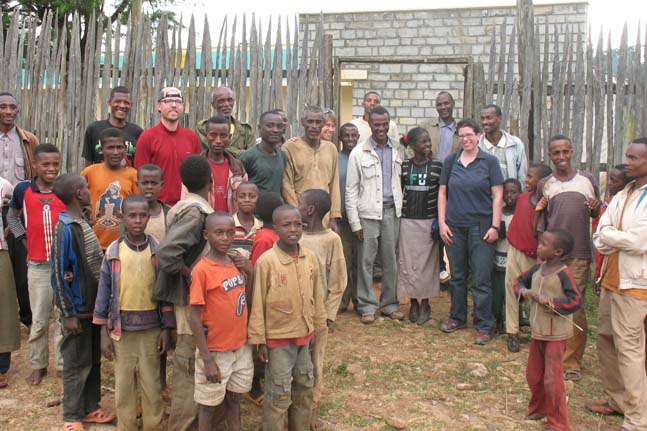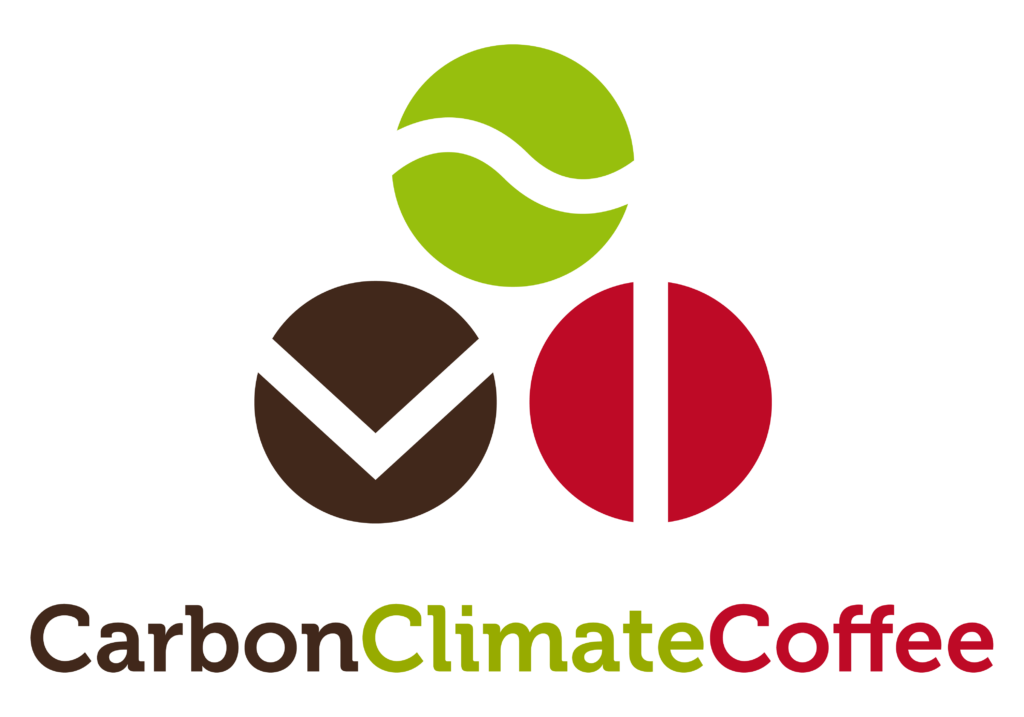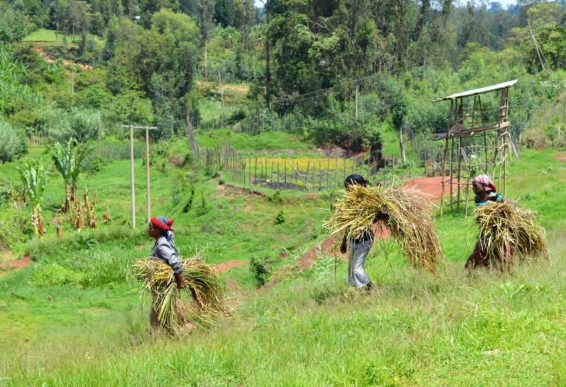
With the launch of our Carbon, Climate and Coffee initiative some 18 months ago, Coop Coffees has aspired to support innovative projects managed by our producer cooperative partners, and to showcase the environmental service that well managed, organic coffee plots provide. We see this as a way to encourage, broaden and deepen our collective, positive impact.
What we as an importing cooperative and our coffee roasters members are not able to reduce in CO2 emissions, we are now able to “inset” through community-based projects with our producer partners. This initiative is demonstrative of our intentions to become “CO2 responsible” and to be a positive force through local and global actions in this increasingly evident era of environmental crisis.
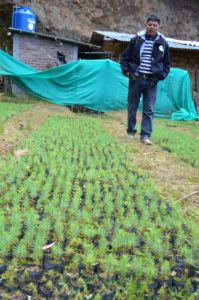 To date, we have invested some US$160,000 in community-based project-work that has encouraged reforestation, soil regeneration, and experimentation and learning about other “carbon-capture” and “productivity enhancing” practices. Our intention is to illustrate across the entire supply chain, from coffee producers to the end-consumer, that: “climate solutions exist and can be as close as the soil under our feet, and the coffee mug in our hands!”
To date, we have invested some US$160,000 in community-based project-work that has encouraged reforestation, soil regeneration, and experimentation and learning about other “carbon-capture” and “productivity enhancing” practices. Our intention is to illustrate across the entire supply chain, from coffee producers to the end-consumer, that: “climate solutions exist and can be as close as the soil under our feet, and the coffee mug in our hands!”
With the Carbon, Climate and Coffee initiative, we hope to create a positive example of how our industry could become regenerative. And at the same time, we acknowledge that investing with our partners to support carbon-sequestration and other innovative, organic agriculture practices, not only contributes to the health and sustainable development in producer communities – it also strengthens our direct relationships across the supply chain. This work has improved our understanding of: climate impact on coffee productivity world-wide; the wealth of knowledge and innovative capacity within our network of producer partners; and how best practices translate into more stable supply and, thereby, reduces the risk for both producers and roasters alike! And finally, this initiative has helped us achieve our ultimate goal of greater social, environmental and economic impact for our producer partner families, communities and organizations.
 The producer projects we have supported range from establishing “Centers of Excellence” with model, coffee producers in the central jungle region of Pangoa, Peru to establishing centralized compost production and distribution with farmers in the Kigeyo region of Rwanda, and from establishing demonstration plots in Chiapas, Mexico to recovering 75 abandoned coffee plots to fully regenerated fields in Marcala, Honduras.
The producer projects we have supported range from establishing “Centers of Excellence” with model, coffee producers in the central jungle region of Pangoa, Peru to establishing centralized compost production and distribution with farmers in the Kigeyo region of Rwanda, and from establishing demonstration plots in Chiapas, Mexico to recovering 75 abandoned coffee plots to fully regenerated fields in Marcala, Honduras.
Industrial agricultural is clearly identified as a primary contributor of total greenhouse gas emissions worldwide. But while industrial farming is a big part of the problem, small-scale, organic coffee farmers can be a significant part of the solution to current, global, climate-change challenges. In the following series of blog posts, I’ll describe in greater detail this sampling of innovative projects being implemented by our producer partners and supported by the Coop Coffees Impact Fund.
In the end, we’ve created a sort of “In-house” carbon market — but one that is envisioned and managed to be kept at a human scale!
Author: Monika Firl
September 12, 2018


